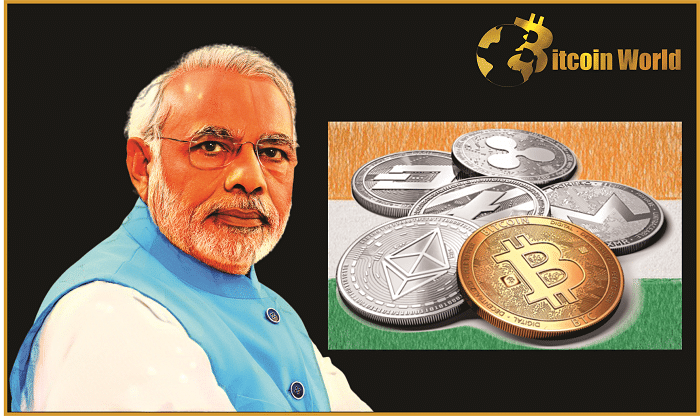India Prime Minister, Narendra Modi, is ready to express his final thoughts on the new regulatory framework. Of course, on the Indian government on the Developing issues on crypto industry to properly regulate the $3 billion industry.
Recall, the draft of the future bill is concludes by the finance ministry of the country. However, some of the sections are yet to pass through discussion and still have small details.
More so, India government officials are planning on having a meeting later today so as to conclude a final decision on the proposed bill.
Furthermore, immediately after the parliament session concludes on the final meetings about the bill. There will also be a discussion on the aforementioned section.
Additionally, The finance ministry is yet to confirm the rumors on Modi’s future statement about the bill.
Lastly, the India government also looks to impose real jail time on individuals continuing their operations with cryptocurrencies. Especially, after the conclusion of the bill is approved by parliament.
Latest News
India PM Modi Ready To Make Final Conclusion On Cryptocurrencies
- by Victoria
- December 10, 2021
- 0 Comments
- Less than a minute
- 108 Views
- 3 years ago














